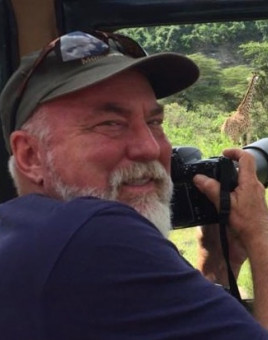“The successful component of being a traveler is to meet the local people and meet them on their terms, not on your terms. When I go someplace, I eat all the local foods; I will go to the local markets, look at the fish and talk to the fisherman. Learning from others, and getting to know people has been an essential part of my life and of being a good biologist.” – Ken Clifton
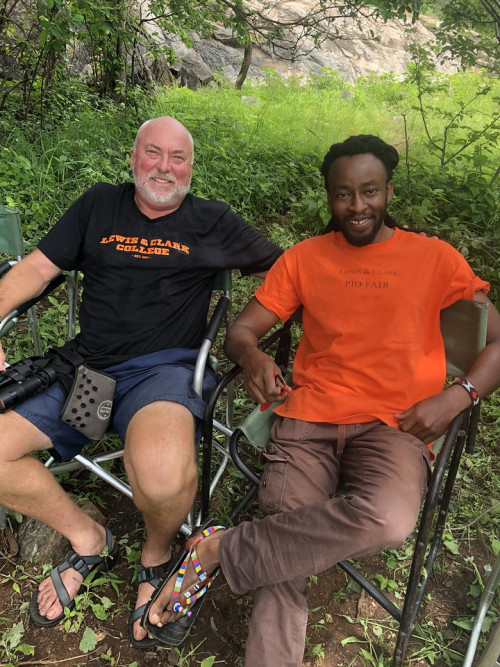
His intellectual curiosity was apparent early in life. By seven years old, Ken Clifton was already a field biologist of sorts. He traveled every summer with his geologist father from the Bay Area to the coastal regions of Oregon and Washington. He would venture into the woods or fish in a nearby river or lake. “That’s where I became a biologist. I would take off for hours to explore and just fell in love with the outdoors.”
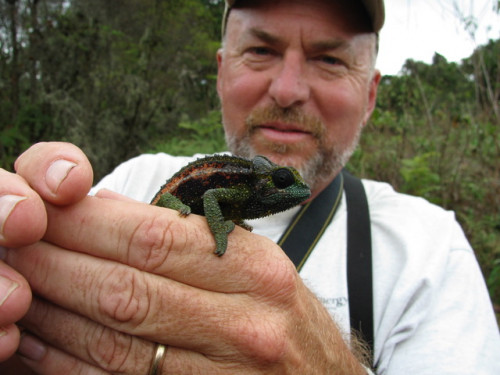
He refined his aspirations at 10 years old; his father was part of Project Tektite, described in a headline as “The Aquanauts That Lived in the Sea.” Ken received letters from his father, dispatched from the ocean floor, “I am sitting at the kitchen table eating breakfast and a barracuda just swam by.” At that moment Ken knew he wanted to be a marine biologist. Since learning to scuba dive at 15 years old, he has spent more than 13,000 hours either snorkeling or scuba diving. He also loves fishing, kayaking, stand up paddle boarding and probably anything else you can think of that has to do with water. His favorite mode of transportation? A boat!
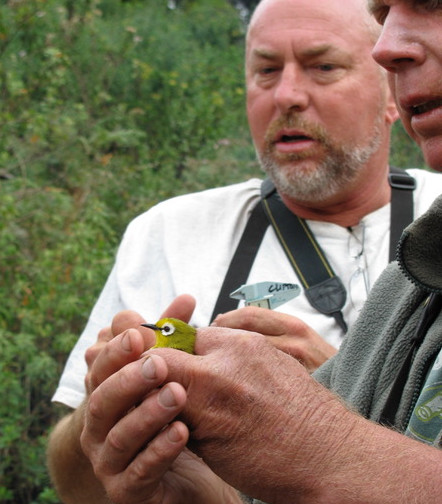
When interviewing for his professorship at Lewis & Clark he was impressed with the community’s appreciation for other cultures which he attributed to the robust study abroad programs. He was again impressed with that ethic as he led an alumni and friends group through Tanzania.
“At LC we teach students to be lifelong learners and it was apparent with the alumni that they had become lifelong learners. It was rewarding for me to see the group’s willingness to engage. It was clear that they were not tourists, they wanted to get as much as possible out of the opportunity to learn and engage with the experience.”
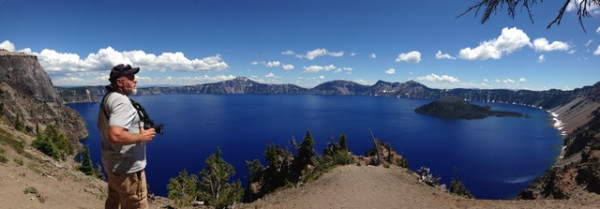
LC is located in McAfee on the Undergraduate Campus.
MSC: 57
email mcpheete@lclark.edu
voice 503-768-7900
fax 503-768-7900
Andrew McPheeters
Associate Vice President for Community Education and Travel Programs
mcpheete@lclark.edu
LC
Lewis & Clark
615 S. Palatine Hill Road MSC 57
Portland OR 97219
